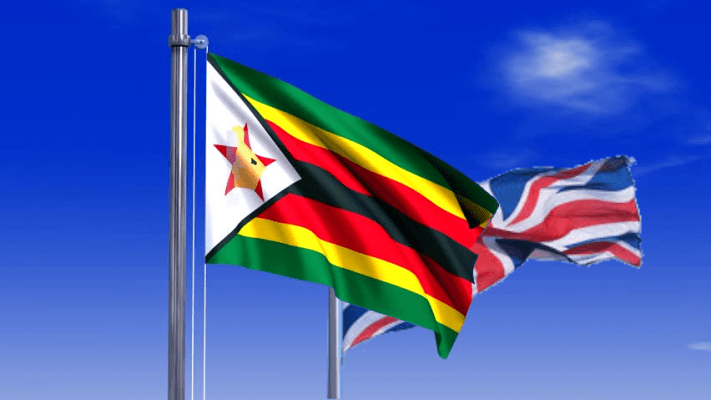Zim set to clear Paris Club debts
Zimbabwe plans to begin payments to Paris Club creditors, to clear its US$3.9 billion longstanding debt, in the second half of this year, Finance and Economic Development Minister Professor Mthuli Ncube has said. Paris Club is a group of officials from major creditor countries whose role is to find coordinated and sustainable solutions to the payment difficulties experienced by debtor countries.
The club’s permanent members include the United Kingdom, the United States, Switzerland, Sweden, Spain, Russia, Norway, Netherlands, South Korea, Japan, German, Australia and Italy.
Presenting the 2021 budget review to Parliament last week, Minister Mthuli also said the country continued to make token payments to multilateral lenders, as its re-engagement efforts gather pace.
As at end December 2020, total public and publicly guaranteed external debt including RBZ external guaranteed debt amounted to US$10.5 billion, representing 71.2 percent of the country’s gross domestic product.
The minister said external debt arrears alone make up over US$6.5 billion (77 percent) of total external debt. Zimbabwe is trying to clear its external debt to reopen external lines of credit, after the major ones ended at the turn of the millennium.
The southern African country remains unable to secure funding from global lenders like the International Monetary Fund, although it cleared its debts in 2017, due to the pari passu rule, which requires all global lenders to be treated equally).
“Mr Speaker Sir, Treasury, in March 2021, resumed quarterly token payments to the Multilateral Development Banks (MDBs), the World Bank Group, the African Development Bank Group and the European Investment Bank.
“Token payments are part of the re-engagement process with the international community in line with the arrears clearance and debt relief strategy which is critical in regaining access to concessional financing from both multilateral and bilateral development partners. Payments to Paris Club Creditors will also begin in the second half of 2021,” he said.
Zimbabwe has continued to meet its external debt obligations despite present fiscal constraints and the devastating impact of the Covid-19 pandemic, Minister Mthuli said recently.
Figures from Treasury show that multilateral development banks are owed a total of US$2,6 billion (accounting for 32 percent of the total public and publicly guaranteed external debt), of which the World Bank Group is owed US$1,5 billion, the African Development Bank US$705 million, European Investment Bank US$330 million and other
multilaterals US$66 million.
The total bilateral external debt amounts to US$5,48 billion (accounting for 68 percent of the total public and publicly guaranteed external debt), of which Paris Club creditors accounted for US$3,39 billion, and non-Paris Club, US$1,58 billion.
Around 70 percent of that debt consists of arrears and penalties for non-payment.
According to the finance minister, although payments to other lenders were on-going, China had granted Zimbabwe a moratorium on payments. “For China we have received a moratorium, which is actually complying with the G-20
resolutions, that between now and December they can give us a stay of execution in terms of those payments. But we will resume payments again once we are supposed to resume,” the minister said recently
Earlier this year, the G-20 requested multilateral lenders to explore options for suspending debt service payments while maintaining the International Bank for Reconstruction and Development (IBRD)’s and the International Development Association (IDA)’s financial capacity, ratings, and low cost of funding.
The Covid-19 pandemic has affected most economies and has significantly affected many countries’ ability to service external debts, which may have a cyclical effect on the longterm performance of these economies.
“The impact (of Covid-19) globally has been devastating economies. We have seen the growth rate initially set at around 3 percent having been reviewed to around -8 percent for developing economies.
“But we are optimistic that this will be a V-type growth scenario, which means there might be a big decline this year and then we can expect a recovery next year. And for Zimbabwe we expect the same,” said the Treasury boss.
Experts say unsustainable public debt levels can have a negative impact on capital accumulation and growth through higher longer-term interest rates, inflation and greater uncertainty about economic and fiscal policies, among other factors. -ebusinessweekly.cl.zw












